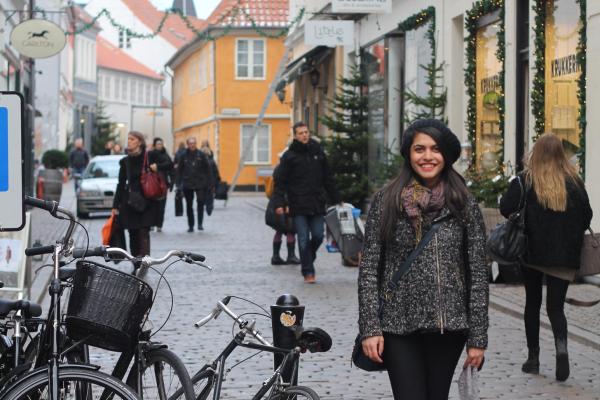Gather Information
Obtain pre-departure orientation information from your university or the organization assisting you. This may include information about: necessary travel documents, flight and travel arrangements, accommodation, health and safety, insurance, host-country culture, financial considerations and obligations.
Credit transfer
Be sure that you have made all the necessary arrangements to ensure that you are granted credit for any course work you complete overseas. (For advice and tips, check out the article, Credit Where Credit is Due)
Travel documents
You will need a valid passport and you may need a visa to enter some countries. Obtaining or renewing your passport can take time so don’t leave it until the last minute. Information for Canadians can be found at passportcanada.gc.ca/ or by calling 1-800-567-6868. Visa requirements vary from country to country. Canadian citizens can visit voyage.gc.ca/preparation_information/ visas-eng.asp
Accommodation
If this isn’t arranged for you by your study abroad programme, leave yourself lots of time to find suitable housing. Someone from your programme should be able to provide you with a list of recommendations. If you are enrolling directly in a university abroad, ask if there is a student housing office that you can contact for assistance. (Check out the article, 5 Tips for Finding Study Abroad Housing)
Money matters
Tuition, accommodation costs and possibly other fees may be required in advance. Be sure you know what is being covered and what is not. Arrange for any regular payments you normally make to be continued while you are away. It is worth considering giving a family member or trusted friend power of attorney, which will allow them to act in your behalf if legal documents need to be signed while you are out of the country. Work our a daily budget for your time away (and stick to it while you’re there!) and arrange to have a few forms of payment available for your expenses, for example, credit card, ATM card, traveller’s cheques and a small amount of cash.
Health and Immunizations
It’s wise to have a full physical and dental check up before you leave the country and depending on the location of your study abroad programme, you might consider visiting a travel health clinic for appropriate advice and any necessary immunizations. If you have a pre-existing medical condition that requires medication, be sure to arrange to have those medications available. It can be helpful in an emergency to have a letter from your doctor or pharmacist describing your condition and the medications you require. (Check out the article, Get Stuck: A Guide to Travel Vaccinations)
Travel-medical insurance
If the programme you are studying with does not include insurance, you will undoubtedly need to provide proof that you have adequate coverage.
In an Emergency
Be sure to discuss with your family what you will do in the event of a family emergency. Better to have a plan sorted out before you leave than to have to organize it over the phone in the midst of an unforeseen crisis. Make sure you provide family or friends with ways to contact you if an emergency arises while you are away.
Add this article to your reading list



